By JUDI SWOGGER
NEWS On the Green
While the world seemingly shut down around us, Spring came – just the same. And yet, in this time of pandemic, it seemed surreal.
This year’s COVID-19 coronavirus is not the first upheaval in the history of the world, but it is the first for our youngest children. In search of perspective, I reached out to those I knew had already lived through times of quarantine and scarcity, and who had grown up in the long shadow of economic uncertainty. My parents, thankfully, were willing to share their stories.
My dad, Oscar Swogger (Papa, to his grandchildren), was born at home on the family farm in Masury. My mom, Judie Schweiss Swogger, grew up in West Middlesex. They were born during the Great Depression, before the start of World War II, and have shared 62 years of marriage.
Here are excerpts from their childhood remembrances, which my mom wrote down for their grandchildren:
“Toilet paper? How about a magazine, or better yet, a catalog? Sears was the biggest. You could read, dream of the toys, then … (Well, I think you can figure this one out. Both families had outhouses.)
We were quarantined several times, with mumps, measles, chicken pox and polio, which was the longest. My older brothers loved that, being out of school. Mostly, all six of us were sick within two weeks. Our teacher, Mrs. Reed, stopped by our house with our homework. She passed our house as she walked to our one-room school. People used horses or walking to get around; there were hardly any cars.
It took all day to do laundry. We hung it outside as much as possible or hung it in the basement, because we had a coal furnace for heat, and it dried clothes, too. It also took all day to get a meal together. We had a gas range for cooking. Papa’s family had wood and kerosene cook stoves. (Both families) had home-canned goods, and we had a good neighbor who sent farm-fresh eggs, milk and butter. We also had a big garden. My older brothers loved to bake pies. They picked any fruit in season and baked. Mmm!
 We had ration books for food, too. (Ration books were used to purchase the limited quantities of food available during the war years.) Each family member had a book. I think I still have mine.
We had ration books for food, too. (Ration books were used to purchase the limited quantities of food available during the war years.) Each family member had a book. I think I still have mine.
We had a dark room during, and one to two years after, the war. (Dark rooms were designated safe spots in a home, where people practiced hiding from enemy air raids, much as we do today with tornado and fire drills.) My Grandpa Neely covered a window in one of our rooms with black paper and wood. A single light was all we were allowed. It was mandatory when the sirens went off. It was scary for us, moreso for little ones. We sang songs and prayed ‘til it passed.
Not many of our friends came over. Everyone had lots of work to do — mostly farm work. Radio was our entertainment. We played games, inside and out. Monopoly was my brothers’ favorite. I read as much as possible, but mostly I cooked and took care of my younger siblings. Everyone was poor, but we didn’t know we were poor. That was our life.
Papa did not get much ice cream back then. Poor Papa! But we both had a great life. Family was all we had. Seventy-nine and 85 years later, we are blessed.”

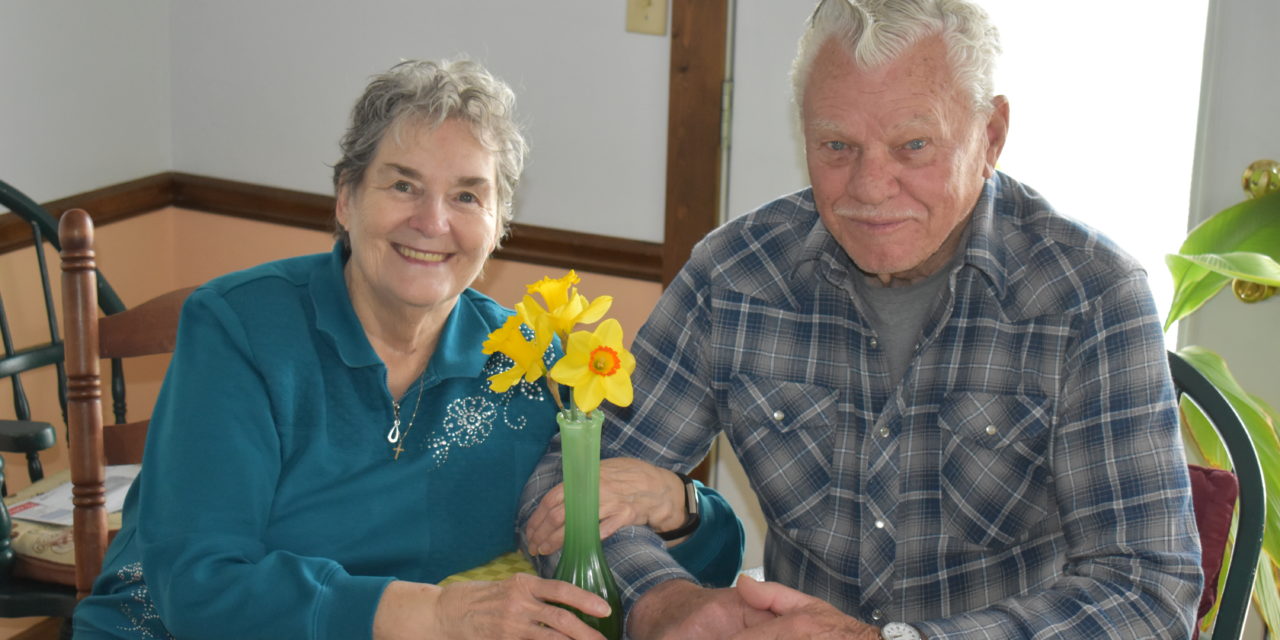
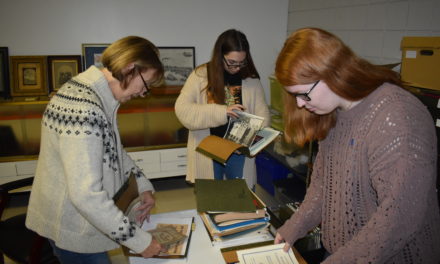
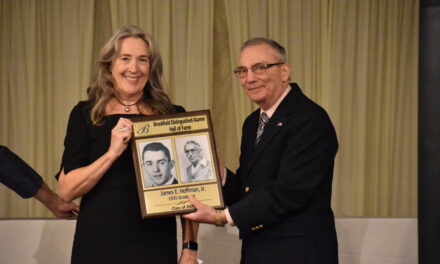
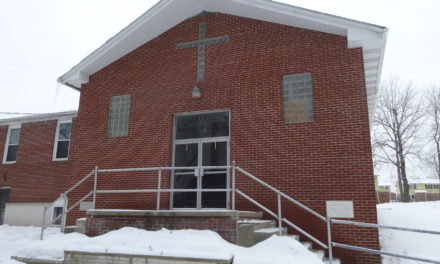
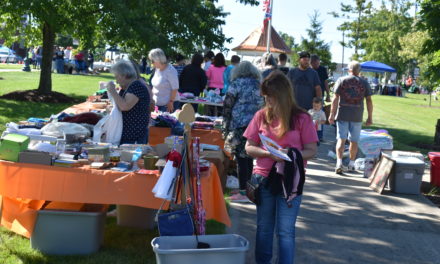




🥰🥰🙏🏽 God Bless Mamaw and Papa